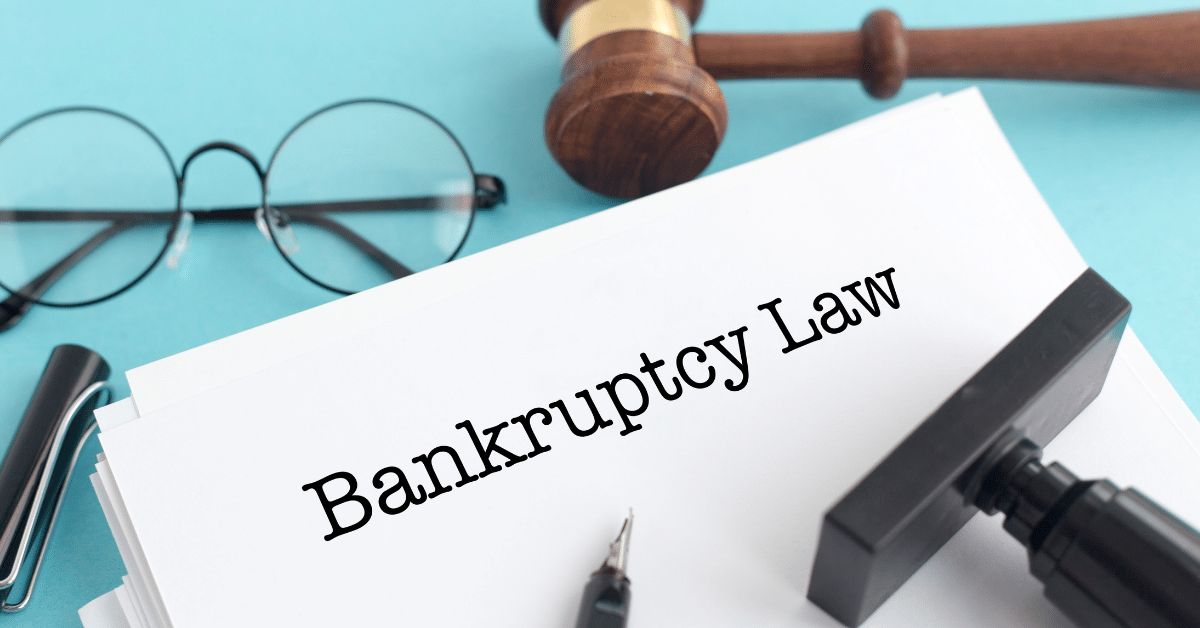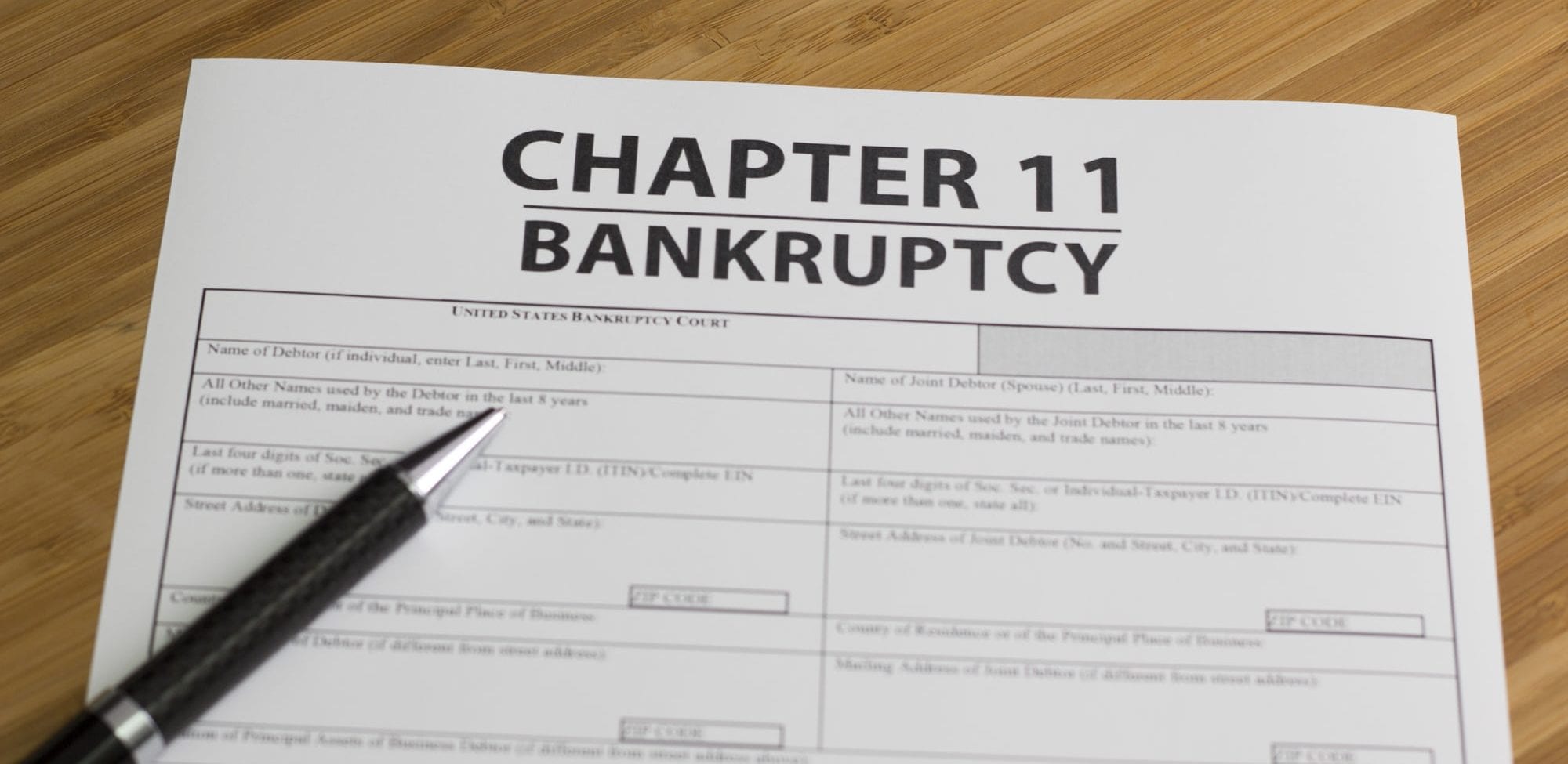Understanding the distinctions between insolvency and bankruptcy law is fundamental for anyone dealing with financial difficulties. Both terms are often used interchangeably, but they represent distinct aspects of financial distress. In this article, we’ll explore the differences between insolvency and bankruptcy law, shedding light on their unique roles in the legal and financial landscape.
Insolvency: Managing Financial Distress
Insolvency refers to a financial state where an individual, business, or entity is unable to meet its financial obligations and pay its debts when they become due. It is a broad concept that encompasses various situations, from temporary cash flow problems to severe financial crises. Insolvency can be a temporary phase, but it can also be a precursor to bankruptcy if the financial difficulties persist.
Bankruptcy Law: A Legal Framework for Financial Distress
Bankruptcy law, on the other hand, is a specific legal framework designed to address financial distress when insolvency reaches a critical point. It provides individuals and businesses with a structured process to manage and resolve their financial difficulties, often through court proceedings. Bankruptcy can lead to different outcomes, such as debt discharge, reorganization, or structured repayment plans.
Key Differences between Insolvency and Bankruptcy
Insolvency is a Financial Condition, Bankruptcy is a Legal Process
Insolvency is a financial condition that signifies an inability to meet financial obligations. It does not involve court proceedings but may be a signal that financial problems need attention. Bankruptcy, on the other hand, is a legal process initiated through court filings. It involves a formal process for addressing financial distress, including the potential discharge of debts or reorganization.
Insolvency Can Be Temporary, Bankruptcy is a Formal Procedure
Insolvency can be a temporary phase resulting from factors like a temporary drop in income or unexpected expenses. It often represents a financial hiccup that individuals and businesses can overcome. Bankruptcy, however, is a formal and legally binding procedure that signifies a more serious level of financial distress, and its consequences are significant.
Insolvency May Not Lead to Bankruptcy
Many individuals and businesses experience insolvency at some point, but not all cases of insolvency lead to bankruptcy. Insolvency may be resolved through other means, such as negotiation with creditors, debt restructuring, or improved financial management. Bankruptcy is a specific course of action taken when other solutions have been exhausted or are not feasible.
Frequently Asked Questions
Is insolvency the same as bankruptcy?
No, insolvency and bankruptcy are not the same. Insolvency is a financial condition, while bankruptcy is a legal process. Insolvency can be temporary and does not involve court proceedings, while bankruptcy is a formal and legally binding procedure.
Can a financially insolvent individual file for bankruptcy?
Yes, an individual who is financially insolvent can file for bankruptcy. Insolvency is often a precursor to bankruptcy when financial difficulties become unmanageable.
What is the first step in a bankruptcy process?
The first step in a bankruptcy process typically involves filing a petition with the appropriate court. This initiates the formal bankruptcy procedure, and from there, various steps and legal requirements must be followed.
Conclusion
In conclusion, understanding the difference between insolvency and bankruptcy law is crucial when facing financial challenges. Insolvency is a financial condition indicating the inability to meet obligations, while bankruptcy is a legal process to address severe financial distress. Insolvency may or may not lead to bankruptcy, and individuals and businesses have various options to manage their financial difficulties. When insolvency becomes unmanageable, bankruptcy law provides a structured framework to help resolve financial crises through legal means.







